A storm is brewing over the limited potential for eco-schemes to reward farmers for delivering public goods in the next CAP.
International subsidy rules could limit eco-schemes to compensating farmers for undertaking climate and environmental measures rather than incentivising them.
Up to 30% of direct payment funds, equating to €350m in Irish farm payments, are set to be tied into these strings-attached schemes.
The incentivising element of eco-schemes was set aside for further discussion at a CAP trilogue meeting held on Friday between the three negotiating sides – the European Parliament, European Council and European Commission.
WTO
The Commission believes that World Trade Organisation (WTO) rules make it impossible to pay farmers for public goods with payments limited to a cost-incurred, income-foregone basis.
Other negotiating parties have stressed that without an incentivising payment in eco-schemes their appeal to farmers, and potential to replace the loss of direct income supports, will be limited.
Concrete outcomes at Friday’s trilogue were limited, with all sides acknowledging a “constructive meeting”.
The Parliament is considering the Council’s proposal for 22% budget for eco-schemes rising to 25% by 2025 which would be the halfway point between both sides’ original positions.
Payments
There was some clarity around other elements of eco-schemes, with animal welfare payments set to be made on a per-head basis and payments to be for areas where the measure is carried out.
Chair of the meeting, Portuguese Minister for Agriculture and Council president Maria do Céu Antunes, said the conditions were in place to secure a full agreement on CAP by the end of May.
“Significant progress has been made in the three regulations that make up the CAP, and it has also been a week revealing the commitment of the three institutions to reach a political agreement on the reform of the CAP,” Minister do Céu Antunes said.



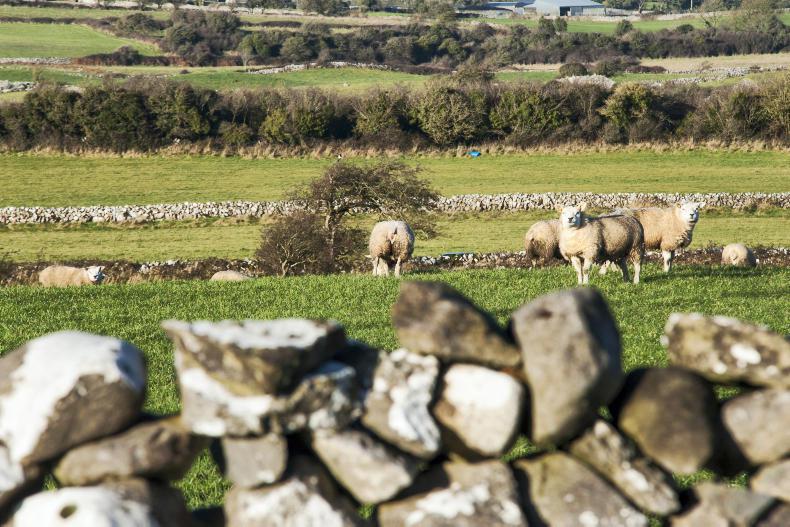
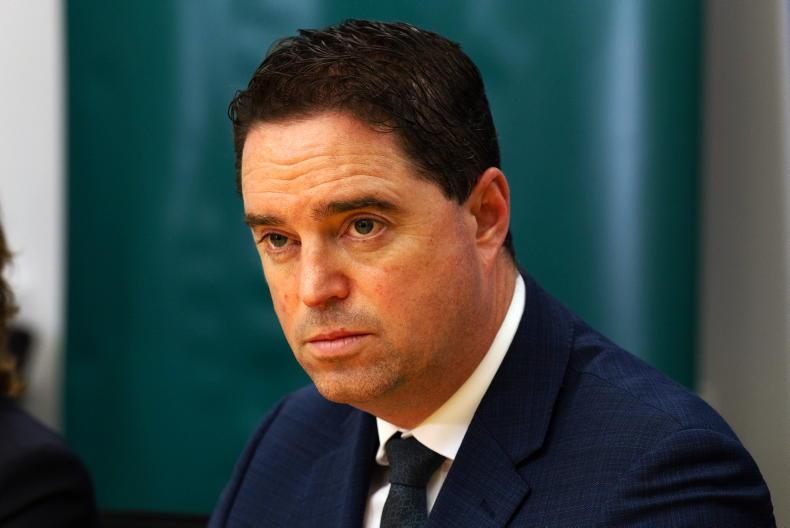
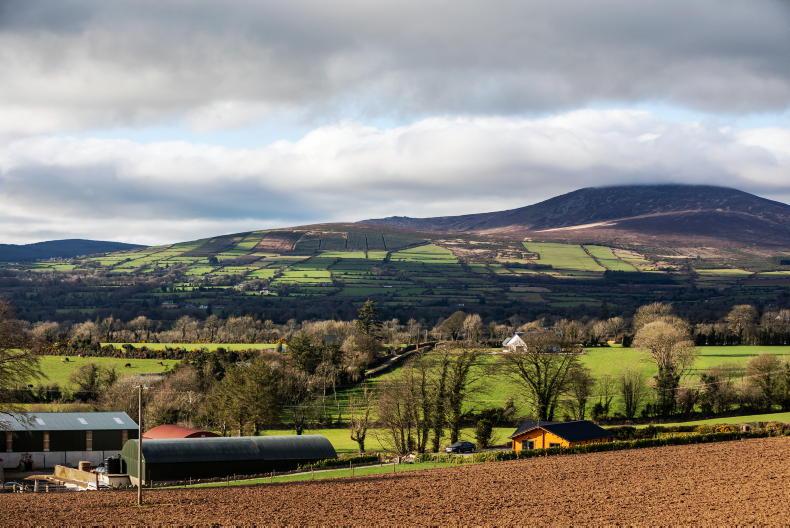
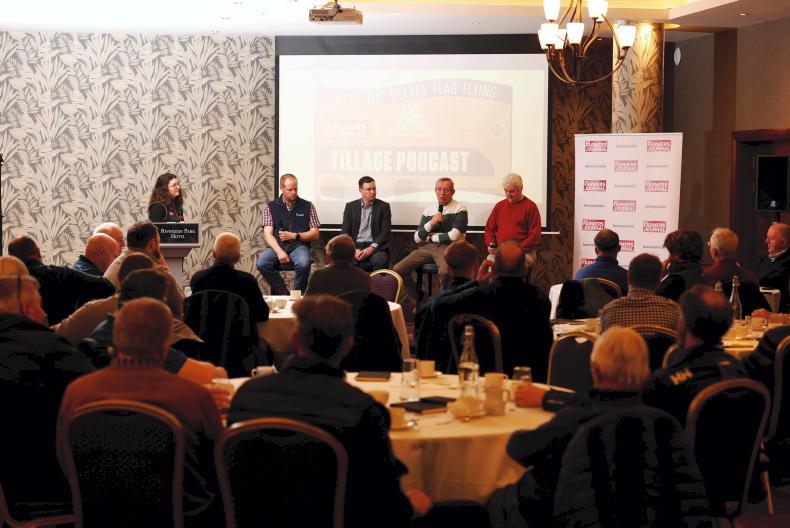
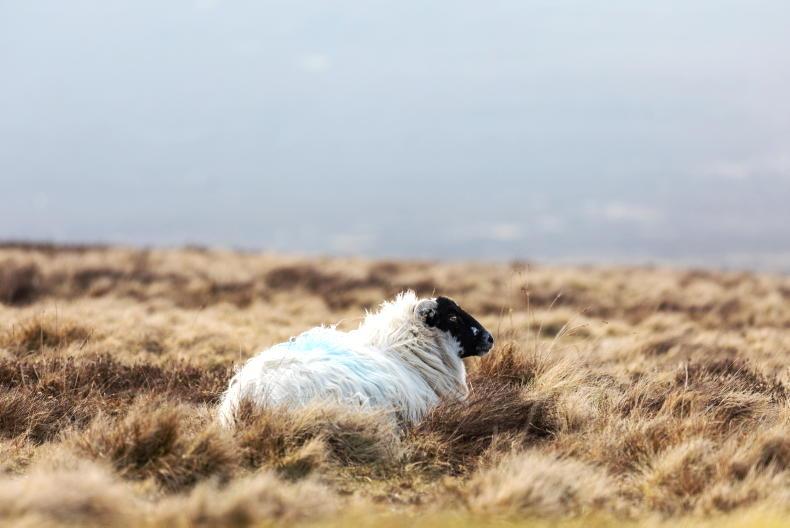
SHARING OPTIONS